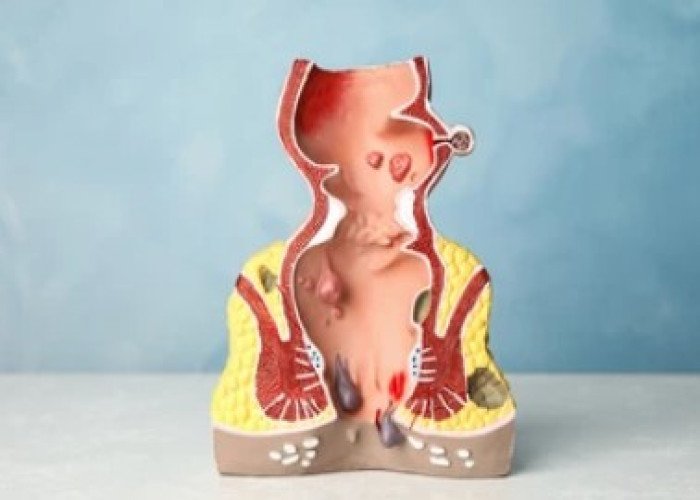 Welcome
Welcome
“May all be happy, may all be healed, may all be at peace and may no one ever suffer."
Rabies - Homeopathic remedies
Rabies is a viral disease that affects the nervous system of mammals, including humans. The virus is usually transmitted through the saliva of an infected animal, typically through a bite or scratch. Once the virus enters the body, it travels to the brain and causes inflammation, leading to symptoms such as fever, headache, muscle weakness, and anxiety.
As the disease progresses, symptoms may include agitation, hallucinations, seizures, and paralysis. In the final stages of the disease, the infected person may experience difficulty swallowing, respiratory failure, and ultimately death.
Rabies is a preventable disease, and the best way to avoid it is to get vaccinated before exposure. If you are bitten or scratched by an animal, it's important to seek medical attention immediately. Treatment may involve cleaning the wound, administering rabies immunoglobulin, and a course of vaccinations to prevent the virus from taking hold.
If you are traveling to an area where rabies is common, it's important to take precautions, such as avoiding contact with animals, especially wild or stray animals, and getting vaccinated before you leave. If you are bitten or scratched by an animal while abroad, seek medical attention immediately and follow the advice of local health authorities.

Hemorrhoids

Rabies

Skin disease

Bed-sores

Extreme hunger

Irregular menstruation

Uterine displacement

Epilepsy
Rabies, জলাতঙ্ক
To be happy, beautiful, healthy, wealthy, hale and long-lived stay with DM3S.

